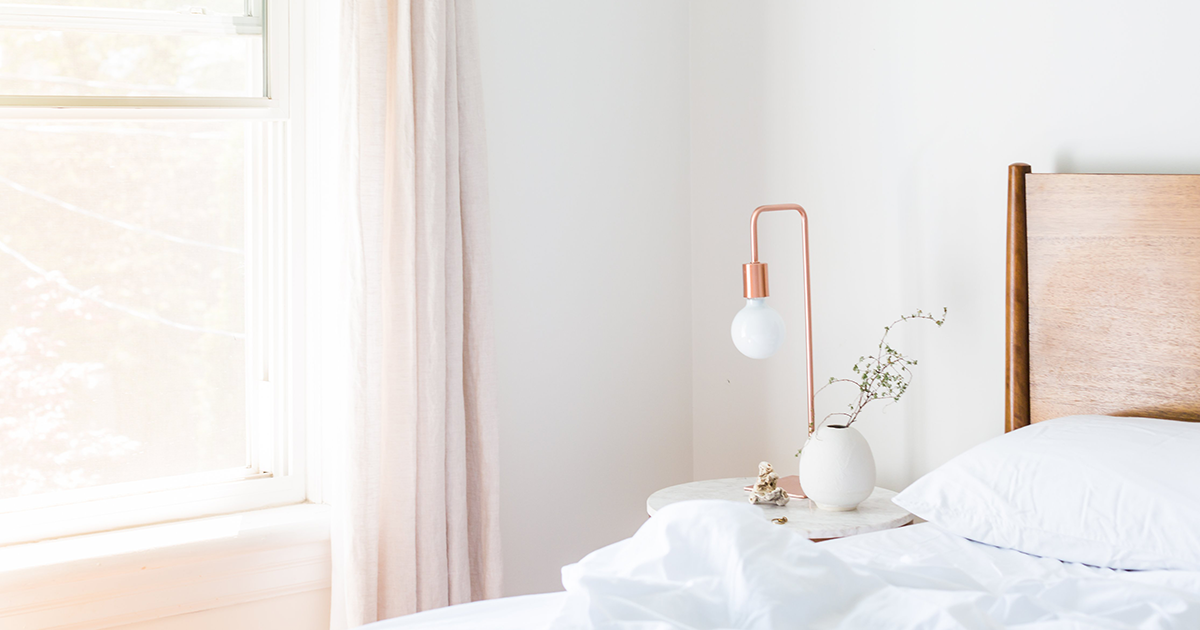You Don’t Have to Overpay For Your First Home
A typical first-time home buyer pays thousands of dollars more than an experienced buyer would pay for the same house, according to research from two housing economists.
First-time buyers overpaid an average of about $2,200, or 0.79%, for their homes, according to senior economist Jessica Shui and economist Shriya Murthy of the Federal Housing Finance Agency. They analyzed appraisal data from 1.7 million home sales from late 2012 to early 2016. The study’s average home price was $275,020.
Their research doesn’t mean that you’re destined to spend too much when you purchase your first place. With some expert advice, you can pay a fair price and nothing more.
It’s about being eager
First-timers “pay significantly more than repeat buyers,” despite also buying “smaller, inferior and cheaper homes,” Shui and Murthy concluded in a working paper titled “Under What Circumstances Do First-time Homebuyers Overpay? An Analysis Using Mortgage and Appraisal Data.”
It’s no surprise that first-time buyers tend to buy starter homes. But why do they have “a higher willingness to pay,” as Shui and Murthy put it in their paper?
“The underlying reason for first-time home buyers’ overpayment likely is their inexperience,” Shui and Murthy say in an email interview, adding that home buyer education would be helpful.
It’s about emotion, too
The reasons go beyond inexperience, says Jim Murrett, president of the Appraisal Institute, an association of real estate appraisers. Buying any home, and especially a first home, is an emotional undertaking.
“First-time home buyers, many times, let their emotions get the better of them,” Murrett says. “They have the excitement of owning their first home, and they sometimes kind of look at a property with blinders on.” He says that first-timers “tend to overlook potential negatives and only look at the positives of a particular house.”
Murrett says he’s not surprised by the research. “I probably would have guessed a little higher” than an average overpayment of 0.79%, he says.
Neil Garfinkel, a real estate attorney in New York with Abrams Garfinkel Margolis Bergson, says first-timers are “more likely to think with their hearts than their heads.” By contrast, someone who is buying a home for the second or third time “probably can sort out the emotions a little bit and create that opportunity to say, ‘Well, I’m not going to pay any more than this.’”
And the experienced buyer is more willing to walk away, even if it hurts emotionally.
Tips to avoid overpaying
You can avoid overpaying for your first (or next) house by following these tips:
- Hire an exclusive buyer’s agent who will work in your best interests.
- Use multiple tools to determine the home’s value, such as online home value estimators and a competitive market analysis from your real estate agent.
- Strive for objectivity by writing a list of pros and cons for each house you view and paying attention to the drawbacks.
- Get personalized advice by seeking homeownership counseling from a HUD-certified agency.
- Maintain control by being willing to walk away if you can’t get the fair price you want.
The article You Don’t Have to Overpay For Your First Home originally appeared on NerdWallet.


